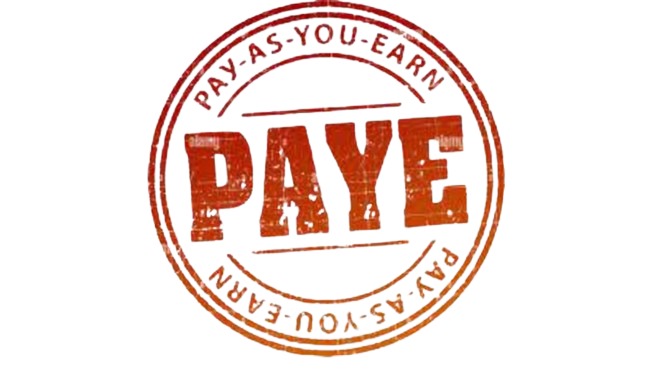In Kenya, understanding the nuances of the tax system is crucial for every employee. One of the most significant aspects of the current tax regulations is the tax relief for individuals earning a monthly salary of Ksh 24,000 and below. If your salary falls within this range, you are not required to pay income tax. This policy is part of the government's initiative to support low-income earners and ensure that they have more disposable income to meet their basic needs.
Tax Relief for Low-Income Earners
The Kenya Revenue Authority (KRA) has implemented various measures over the years to ease the tax burden on low-income earners. One such measure is setting a threshold below which individuals are exempt from paying income tax. Currently, this threshold is set at Ksh 24,000 per month. This means that if your monthly earnings are Ksh 24,000 or less, you do not have to pay any income tax.
Why This Matters
The primary goal of this tax relief is to improve the financial well-being of lower-income individuals. By exempting those who earn less from paying income tax, the government aims to:
1. Increase Disposable Income: Individuals earning Ksh 24,000 and below can retain their entire salary, which helps them manage their living expenses better.
2. Encourage Savings: With more take-home pay, low-income earners have the opportunity to save more, which can improve their financial stability in the long run.
3. Boost Economic Activity: Increased disposable income means more spending power, which can lead to higher demand for goods and services, thus stimulating economic growth.
How It Works
To ensure that you benefit from this tax relief, it's essential to understand how the system works:
1. Monthly Salary Check: Ensure that your monthly salary is Ksh 24,000 or below. This amount should be your gross salary before any deductions. You can easily calculate your net pay here.
2. Tax Relief Application: If you qualify, your employer should automatically apply the tax relief when calculating your monthly deductions. If you notice any discrepancies, it's important to address them with your HR department or payroll administrator.
3. Stay Informed: Tax laws can change, and it's crucial to stay updated with the latest regulations from the KRA. Regularly checking the KRA website or consulting with a tax professional can help you stay informed.
Implications for Employers
Employers also have a responsibility to ensure that the correct tax relief is applied to qualifying employees. This involves:
1. Accurate Payroll Processing: Ensuring that payroll systems are updated and accurately reflect the current tax laws. Employees can effectively use FaidiHR Platform to accurately process their payroll.
2. Employee Communication: Informing employees about their tax status and any changes that may affect their take-home pay.
3. Compliance: Staying compliant with the KRA regulations to avoid any legal issues.
CONCLUSION
Whether you are an employee or an employer, understanding and implementing these tax regulations is essential for maximizing the benefits and ensuring compliance.
Stay informed, check your salary, and make the most of the tax relief available to you. For more information on tax regulations and payroll management, visit the Kenya Revenue Authority (KRA) website or consult with a tax professional.





